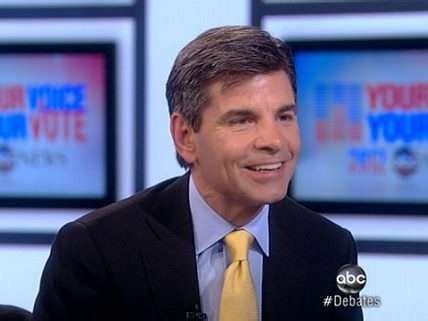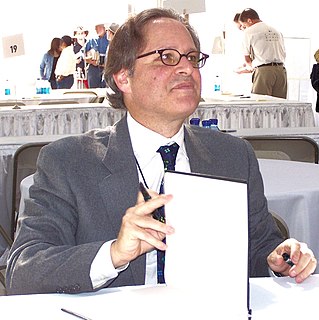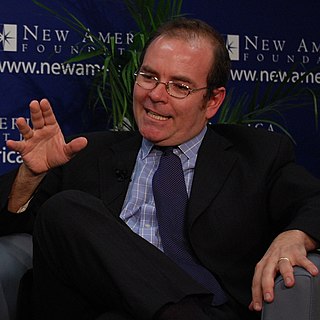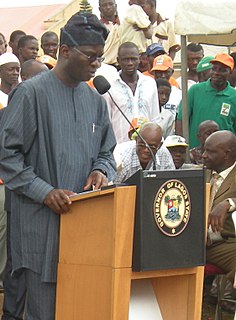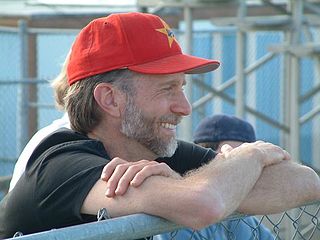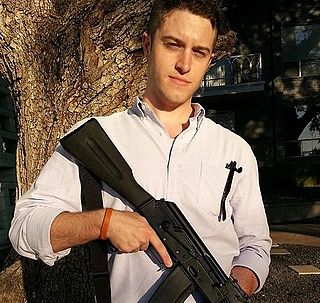A Quote by Isabel Paterson
Now the sole remedy for the abuse of political power is to limit it; but when politics corrupt business, modern reformers invariably demand the enlargement of the political power.
Related Quotes
Modern Democrats aren't the first political party to abuse power - far from it. Obama isn'??t the first president to abuse executive power - not by a longshot. But he has to be the first president in American history to overtly and consistently argue that he's empowered to legislate if Congress doesn'??t pass the laws he favors. It's an argument that's been mainstreamed by partisans and cheered on by those in media desperate to find a morsel of triumph in this presidency.
I am always suspicious of the formulation that "politics" has prevented a great idea from being enacted by government. Politics IS government, in a democratic society. It's a challenge for school reformers, like reformers in any realm, to build a popular constituency for their work. If the people it's supposed to benefit vote against it, that tells me that the person pushing reform lacks political skill. And political skill is a good thing.
The central base of world political power is right here in America, and it is our corrupt political establishment that is the greatest power behind the efforts at radical globalization and the disenfranchisement of working people. Their financial resources are virtually unlimited, their political resources are unlimited, their media resources are unmatched, and most importantly, the depths of their immorality is absolutely unlimited. They will allow radical Islamic terrorists to enter our country by the thousands.
The President appoints the U.S. Attorneys. They're political in a certain respect. But the Department of Justice - the power that they hold is so great, it's life and limb, you know - put you in jail, make you run up hundreds of thousands of dollars of legal costs. Even though we understand that political appointees take these jobs. We don't assume that the party in power is going to use that kind of power to advance its political interests.
As a composer, I believe that music has the power to inspire a renewal of human consciousness, culture, and politics. And yet I refuse to make political art. More often than not political art fails as politics, and all too often it fails as art. To reach its fullest power, to be most moving and most fully useful to us, art must be itself.
I believe that the biblical teaching is clear. It always contests political power. It incites to "counterpower," to "positive" criticism, to an irreducible dialogue (like that between king and prophet in Israel), to antistatism, to a decentralizing of the relation, to an extreme relativizing of everything political, to an anti-ideology, to a questioning of all that claims either power or dominion (in other words, of all things political), and finally, if we may use a modern term, to a kind of "anarchism" (so long as we do not relate the term to the anarchist teaching of the nineteenth century).
Viewed as a means to the end of political freedom, economic arrangements are important because of their effect on the concentration or dispersion of power. The kind of economic organization that provides economic freedom directly, namely, competitive capitalism, also promotes political freedom because it separates economic power from political power and in this way enables the one to offset the other


